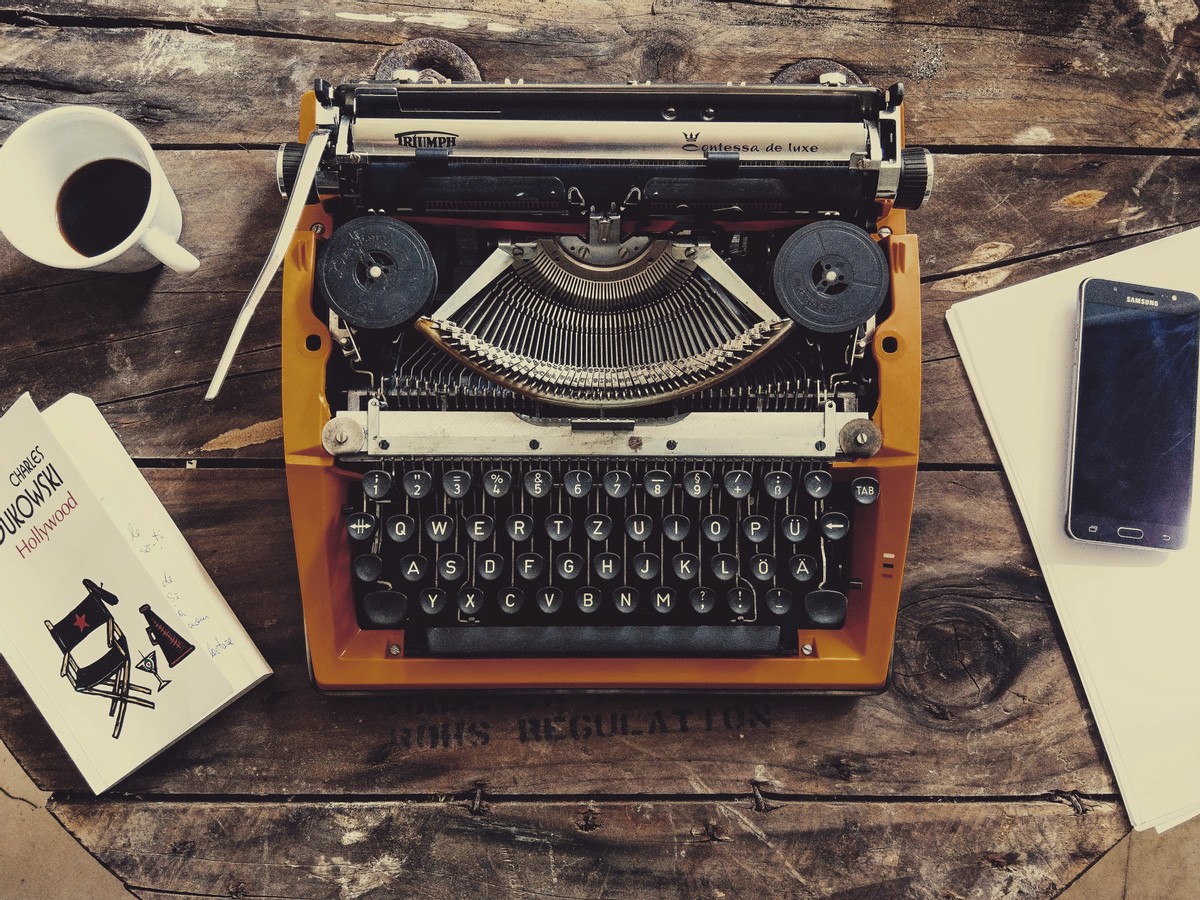
Reading is one of my most important hobbies. Last year, I read more than 70 books in my sparetime while having a full-time job. I read fiction as well as non-fiction. In non-fiction, I read especially books about history and politics, and in fiction, I read a broad range from historical fiction, over crime novels to high literature (I don't like this word, because it implies, that this is a better kind of literature. But everybody should read, what pleases one the most.)
About two years ago, I looked through my bookshelf and I realised, that I almost only read books by white men. This didn't happen because I wanted it to happen. The problem was, that I was almost only confronted with books from men. In the publisher's prospects, books from women where only represented by about 35 percent in 2019. And the problem becomes worse, if you look deeper. Women were even less represented at the big, powerfull publishers and in the prospects, they were less prominent advertised. Another problem are the newspapers and radioshows, who discuss literature from women more rarely. It's not a surprise, that literature from men is more present in bookshops and that customers are more aware of it.
That's why I decided to focus on literature from women and also BIPoC. I made it a rule for myself, that I only read a book by a white man, when I have special reasons for it. For example, I learn Swedisch and therefor I want to know more about the country and I would miss out a great deal of it, if I wouldn't read books by men. At the moment, I read a novel by Jonas Hassen Khemiri (in German translation). Since he is a PoC, I still hold true to my rule, but I will also read something by August Strindberg, because he was the most influential Swedish author of all time.
But while Strindberg is still well known in Germany, his great counterpart Selma Lagerlöf is less well known. And that's a pity, because she was the first woman who could make a living out of her writing. And if you look at both, you have on the one side a man, well known for his misogyny, but still highly regarded, and on the other side a female writer, who understood the perspecitve of women and tried to give them a proper place in her writing. So far, I have only read two short stories from her, but both of them are full of interesting female characters. And that is something I realised the past two years: It makes a diffrence, wether you read a book by a man or a woman. The have different perspectives, especially regarding powerstructures in society. Books by men often cement the patriarchical hierarchy of our society, while books by female try to bust it. Regardless wether you call yourself a feminist or not (I do), it is always more fun to read revolutionary stuff, than more of the old. So, if you only have males on your bookshelf, get out and get some new books :)

Hi Patrick! Super English! I think many of your little mistakes may only be typos. Your English is fluent and you write really well. Your article is very interesting and I applaud your efforts to read books from a wide range of authors, I try to do the same.
Selma Lagerlöf and Astrid Lindgren were among the authors we had to read in elementary school. However, I don't remember the name of the (short) novel we read by Lagerlöf. Have you read The Bell Jar by Sylvia Plath or some of her poetry? Or Frankenstein by Mary Shelley? Jane Austen? Agatha Christie? Harper Lee (okay, she had one novel). I can also recommend The Historian by Elizabeth Kostova if you like contemporary literature.
Thanks for the comments! My interest in Lagerlöf and Strindberg has a lot to do with my learning of the swedish language. But normaly I prefer modern writers. My last novel was The Mere Wife by Maria Dahvana Headley (which I can highly recommend) and currently I'm reading The Shadow King by Maaza Mengiste, which makes a brillant first impression.
I loved Astrid Lindgren as a child. We had the Bullerby Children and Pippa Longstocking, translated into English of course. Yes, I enjoy Jane Austen and the Bronte sisters (Jane Eyre and Wuthering Heights). I have read the Bell Jar and To Kill a Mockingbird, also the sequel Go Set a Watchman which was published after Lee’s death- not such a great novel sadly. My favourite modern authors are Chimamanda Ngozi Adichie, Leila Aboulela and Barbara Kingsolver. I’ll have a look for Elizabeth Kostova, thanks!
Hey Patrick!Thanks for your text, interesting point of view. I like scandinavian writers. My favorite are Peter Hoeg, Karl Ove Knausgard, Tove Jansson ( she wrote not only books about moomins, but also good autobiographic stories). My last discovery is book by Tove Ditlevsen "Childhood".